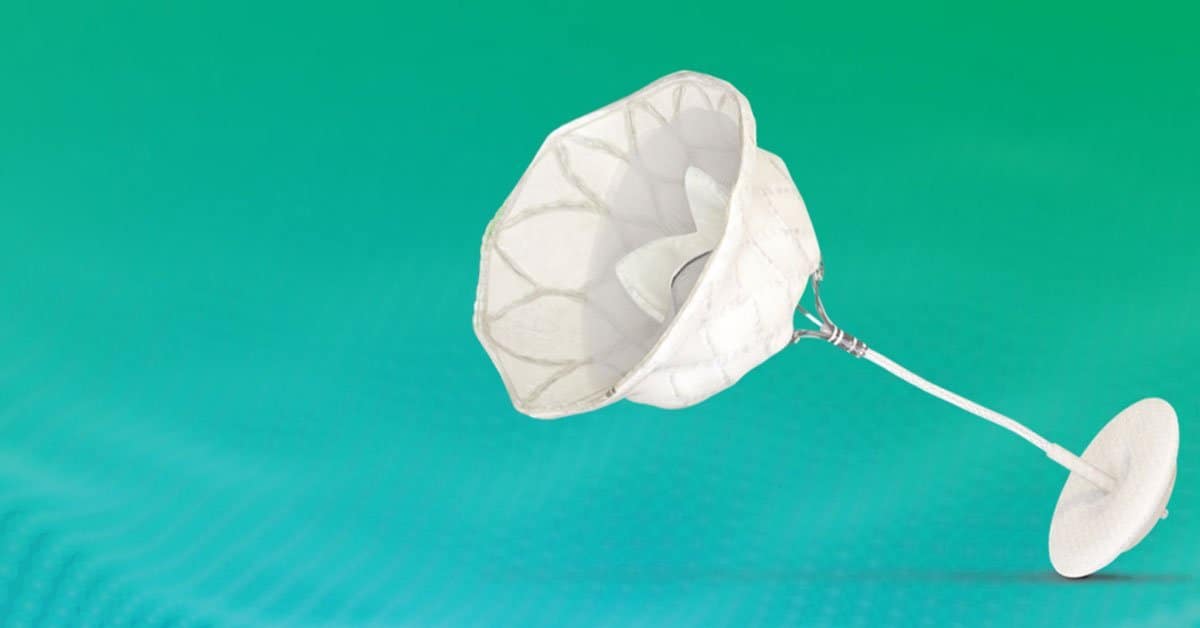Sponsored by Philips Healthcare
Cardiac imaging has traditionally improved through hardware advances, enabling the speed needed for high-quality images. However, hardware is rapidly reaching its physical limitations in suppressing cardiac motion and represents a large financial investment. Today, software and AI are driving the next leap in cardiac image quality and motion control – offering more affordable CT solutions and broader patient access.
This is increasingly important as Coronary CTA has become the preferred non-invasive exam for detecting and ruling out coronary artery disease (CAD). It provides a detailed assessment of coronary anatomy and visualizes atherosclerotic plaque, helping identify lesions that may restrict blood flow to the myocardium. By offering this level of insight upfront, Coronary CTA may help reduce unnecessary invasive procedures and streamline appropriate referrals to the Cath lab.
With updated guidelines[¹] and improved reimbursement[2] reinforcing the role of coronary CTA for stable or atypical chest pain, now is the time to elevate your cardiac imaging capabilities. The Philips CT 5300 is purpose-built for cardiac imaging, delivering fast, high-quality, low-dose scans with AI-driven reconstruction and zero-click motion correction – helping expand access to advanced cardiac care.

How hardware, software, and AI go hand-in-hand for improved cardiac imaging
- Precise Cardiac, a zero-click solution, compensates for cardiac motion to enhance coronary artery visualization—even in patients with high or irregular heart rates or those that cannot take beta blockers. By increasing effective temporal resolution to 29 milliseconds[3], it allows you to capture more complex cardiac images and streamlines cardiac exams with one exam card for all patients, thereby eliminating extra steps and dose.
- Precise Image is an AI reconstruction technique designed to simultaneously reduce dose, noise, and improve low contrast detectability while maintaining the appearance of typical filtered back projection with all reference protocols reconstructed in under one minute.
- Nano Panel Precise detector is the industry’s first detector built specifically for AI reconstruction at ultra-low doses, reducing noise by up to 19% and providing a critical base for enhanced diagnostics.
Take CT scanning to the next level
Philips has embedded intelligence into every aspect of the high-performing CT 5300, combining advanced hardware with AI to streamline and elevate cardiac CTA. Designed for smooth integration into your practice, the CT 5300 marks a new era in accessible, high-quality cardiac imaging.
Experience what’s next in cardiac care with the Philips CT 5300.
- Narula J, Chandrashekhar Y, Ahmadi A, et al. SCCT 2021 Expert Consensus Document on Coronary Computed Tomographic Angiography: A Report of the Society of Cardiovascular Computed Tomography. J Cardiovasc Comput Tomogr. 2021 May-Jun;15(3):192-217. doi: 10.1016/j.jcct.2020.11.001. Epub 2020 Nov 20. PMID: 33303384; PMCID: PMC8713482
- Reimbursement update: What hospitals need to know about new Medicare payments for cardiac CT. (2025, January 9). Cardiovascular Business. https://cardiovascularbusiness.com/topics/healthcare-management/healthcarepolicy/reimbursement-hospitals-medicare-ccta-cardiac-ct
- Philips. (2024). Precise Cardiac: Motion compensated reconstruction for coronary imaging [whitepaper]






